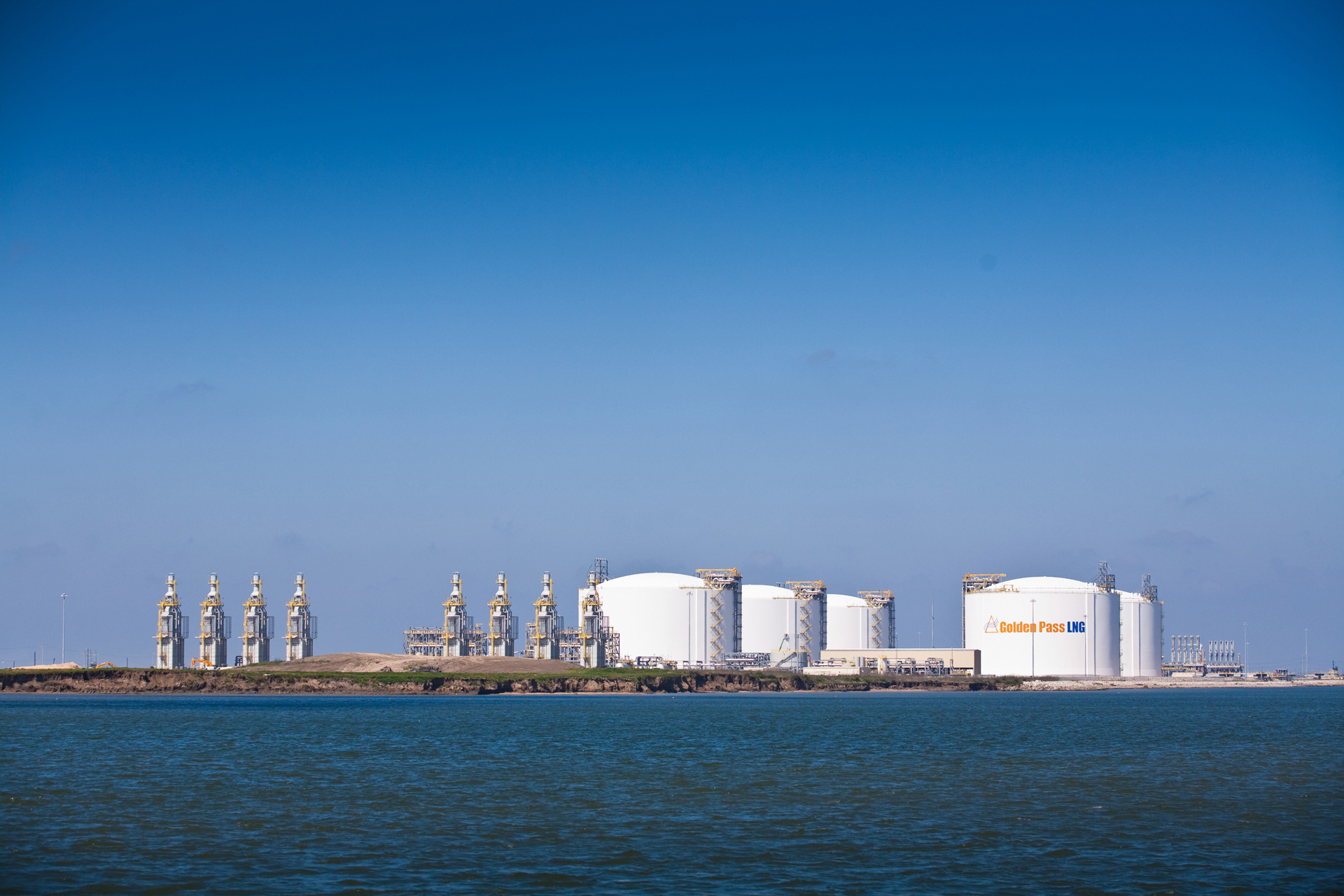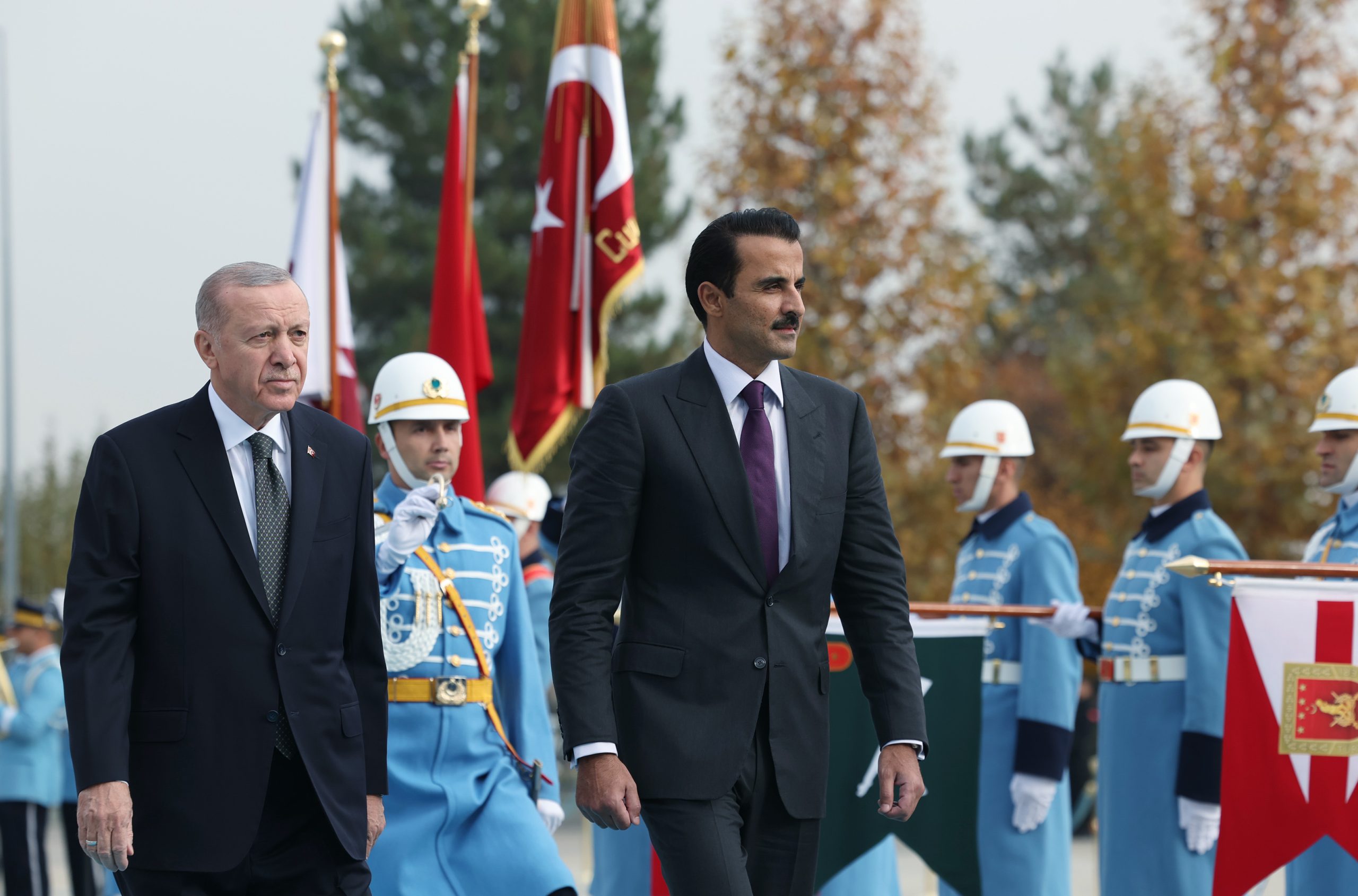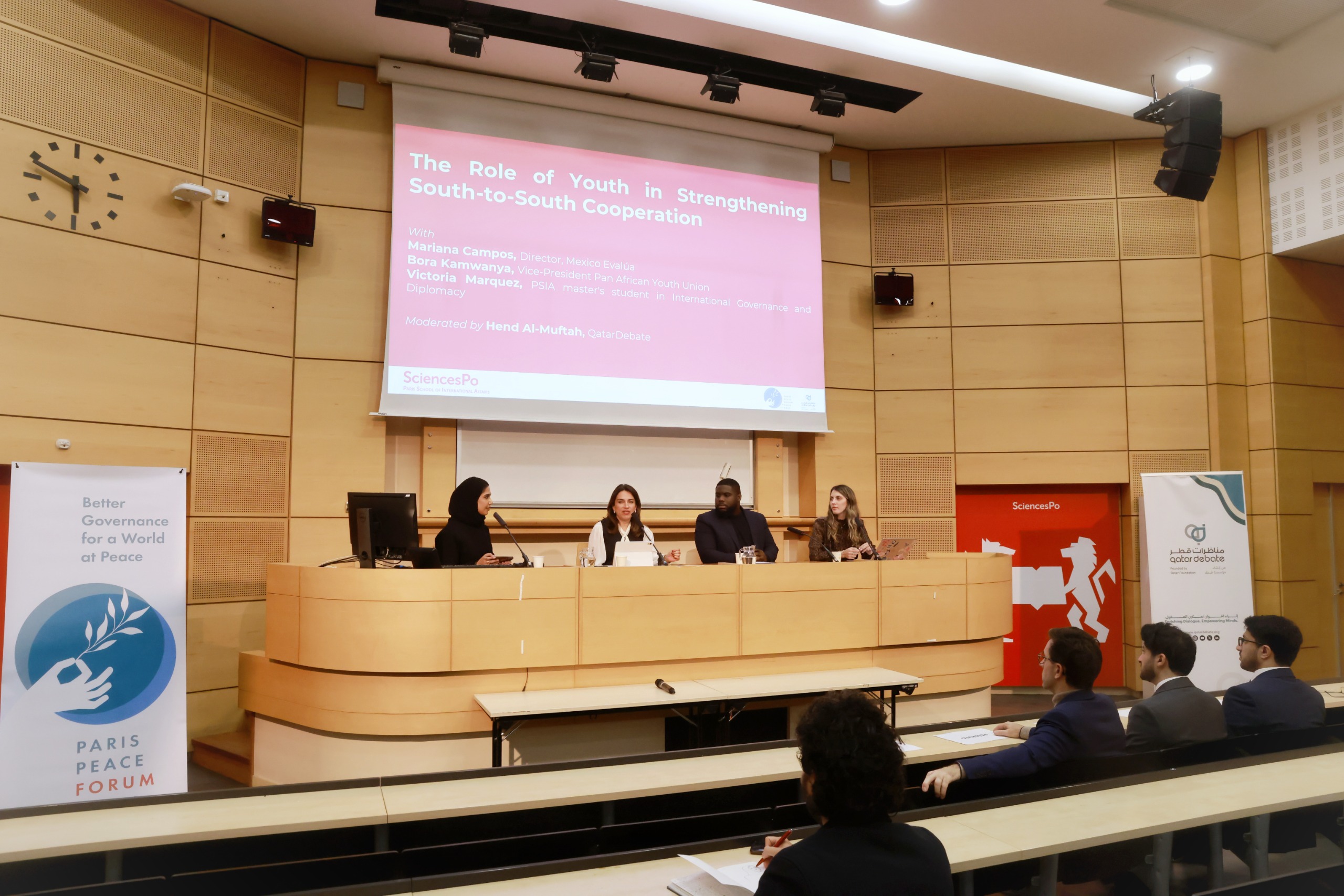European gas prices rose by as much as 20% as a result of the move before levelling out.
As part of its attempt to crush Russia’s efforts in weaponising its natural gas exports against Ukraine’s allies, the Joe Biden administration has approved more requests to export US natural gas.
Golden Pass LNG, a liquefied natural gas project being built in Texas by QatarEnergy, Exxon Mobil Corporation, and Glenfarne Group LLC’s Magnolia LNG project in Louisiana have both received Energy Department approval to ship gas to countries with which the United States does not have a free trade agreement with.
This includes Europe, where gas prices have risen as a result of Russia’s suspension of supplies to Poland and Bulgaria.
Notably, Golden Pass and Magnolia will not provide an immediate solution to Europe’s gas problems. Magnolia has no contracts or customers yet, while Golden Pass expects to generate its first LNG drops in 2024.
The joint project by QatarEnergy and Exxon Mobil was announced in early 2019. The liquefaction facility cost more than $10 billion, and will be able to generate roughly 16 million tonnes of LNG annually once it starts up
Over the course of the five-year building period, it is estimated to generate roughly 9,000 employment, with more than 200 permanent jobs being created during operations. According to preliminary projections from an independent analysis, the project could generate up to $31 billion in US economic gains and over $4.6 billion in direct federal, state, and local tax revenues over the project’s lifetime.
The move came after Moscow announced it will continue to cut off petroleum supplies to Poland and Bulgaria unless the two nations agree to pay in rubles for the fuel.
European gas prices rose by as much as 20% as a result of the move before levelling out. As payment deadlines approach, governments and businesses throughout Europe must decide whether to comply with the new regulations or risk potential gas rationing.
“We want to signal we want to partner and make sure our restrictions in the United States of permitting for non-free trade agreement entities like the EU are not a barrier,” said US Energy Secretary Jennifer Granholm in an appearance Wednesday alongside EU Commissioner for Energy Kadri Simson. “And so making sure we are able to allow those who intend to produce have the freedom to ship to Europe as part of that strategy.”
This comes after Cheniere Energy Inc., the US’ largest LNG exporter, was granted permission last month to expand the quantity of heating fuel it exports from its existing facilities in Louisiana and Texas.
Exports of US LNG have lately averaged more than 12 billion cubic feet per day, and when further export capacity comes online, they are likely to reach a new high of 14 billion cubic feet per day.







